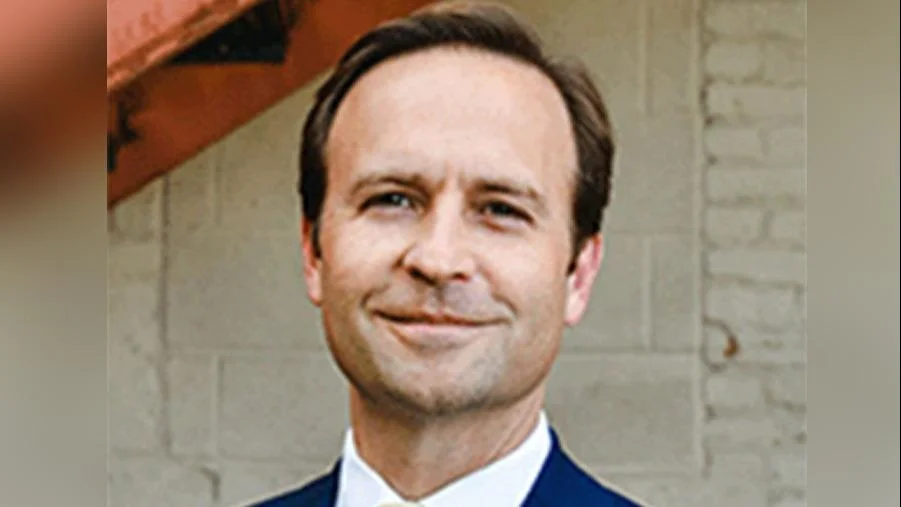Brian Calley President and Chief Executive Officer at Small Business Association of Michigan | Official website
Brian Calley President and Chief Executive Officer at Small Business Association of Michigan | Official website
In the aftermath of the killing of conservative political activist Charlie Kirk, many individuals took to social media to share their opinions. Some employers have responded by taking disciplinary action against employees who posted comments perceived as negative or celebratory regarding the incident.
The practice of workers expressing views about current events and politics online is longstanding. However, recent years have seen an increase in public backlash directed at employers. Organizations may receive phone calls, emails, and other forms of pressure demanding action if an employee makes a controversial statement. In some cases, external groups monitor online activity and compile lists—sometimes inaccurately—of people making negative remarks, then contact their employers seeking termination.
Certain jurisdictions provide protections for employee speech in private employment settings. For example, Washington DC protects political affiliation; Connecticut extends First Amendment rights into private employment relationships; New York has laws that prevent employers from firing or refusing to hire someone for specific off-duty political or recreational activities; and California prohibits employers from restricting employees’ participation in political activities or discussions on matters of public concern.
Private employers generally retain the right to discipline or dismiss employees whose actions bring negative publicity or threaten business interests. There are no broad discriminatory protections specifically for employee speech between private parties. Political opinion expressed in this context is not protected.
Nonetheless, some types of worker speech may be protected under federal law. Speech related to labor organizing and concerted activity is safeguarded by the National Labor Relations Act (NLRA). Employees disciplined for such speech can seek recourse through the National Labor Relations Board. Employers are advised to assess whether controversial employee speech involves these protected areas before taking disciplinary measures.
Employers should establish clear social media policies and workplace rules that allow them to respond appropriately when employees’ actions result in negative attention or calls for boycotts. Supervisory training can also help managers address interpersonal conflicts, including those arising from political disagreements. It is important to note that discussions about politics can sometimes shift into topics like race, gender, religion, or national origin—areas that carry legal protections and potential liability risks.
Michael Burns contributed this analysis as part of ASE’s partnership with the Small Business Association of Michigan.
For more information on workplace policy considerations related to employee speech: https://www.sbam.org/when-employee-speech-creates-workplace-consequences/






 Alerts Sign-up
Alerts Sign-up